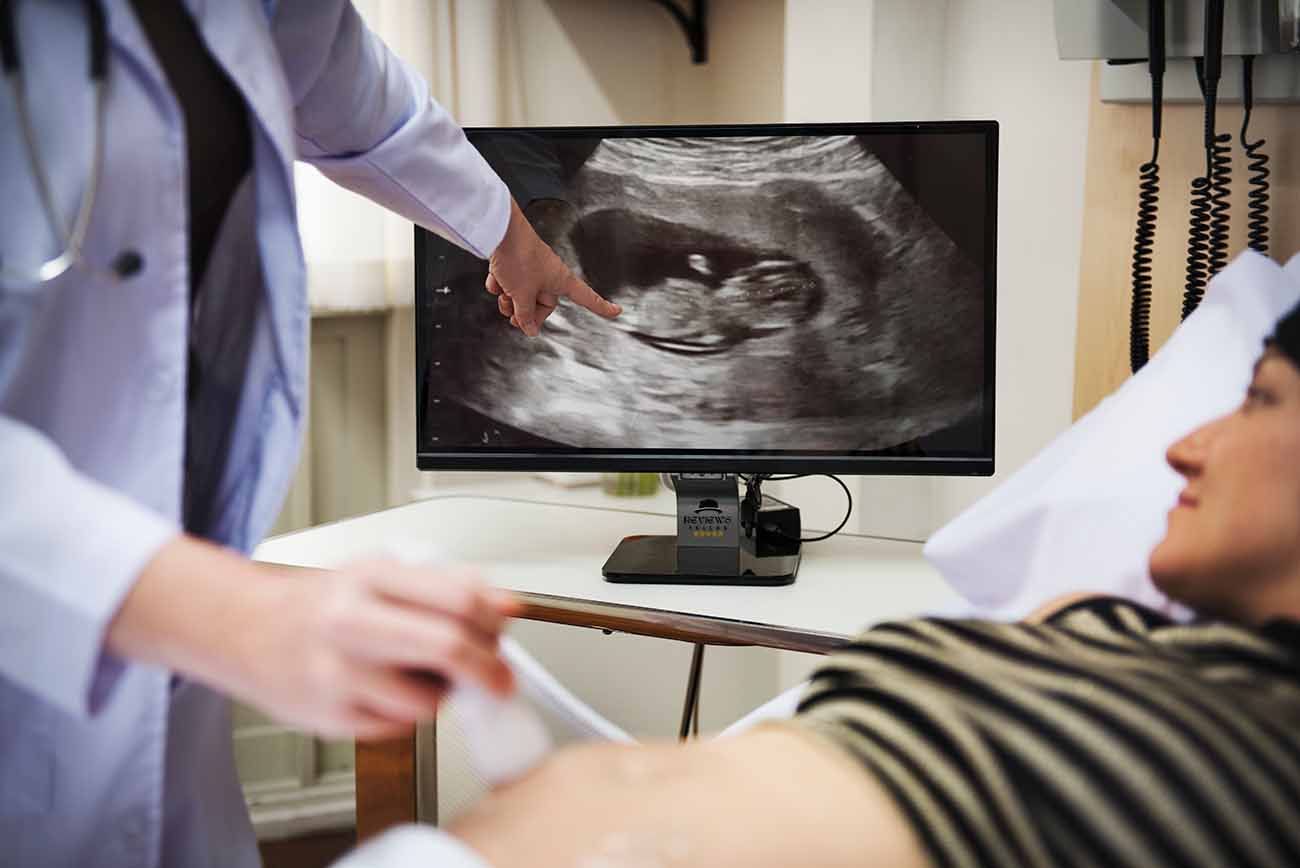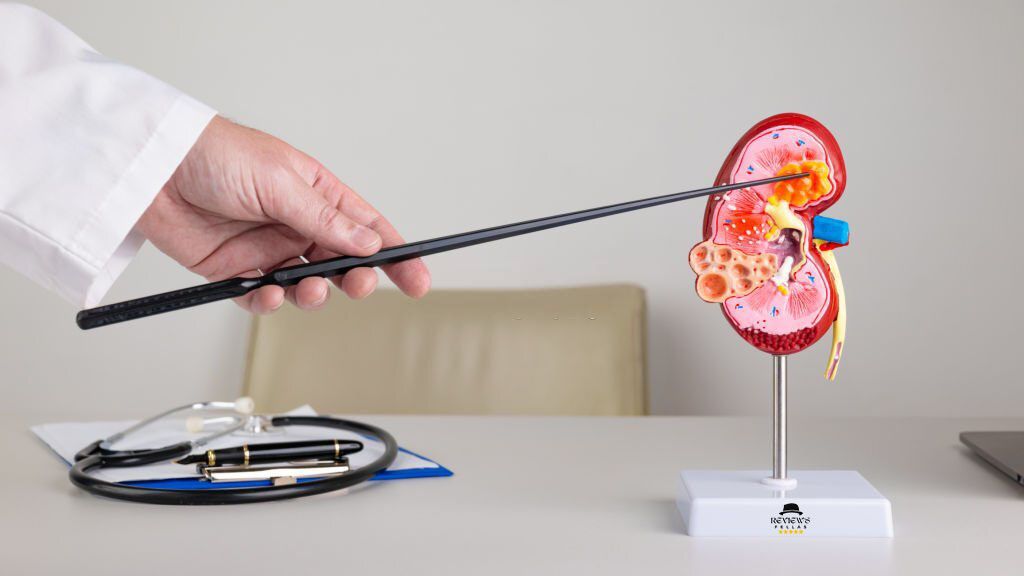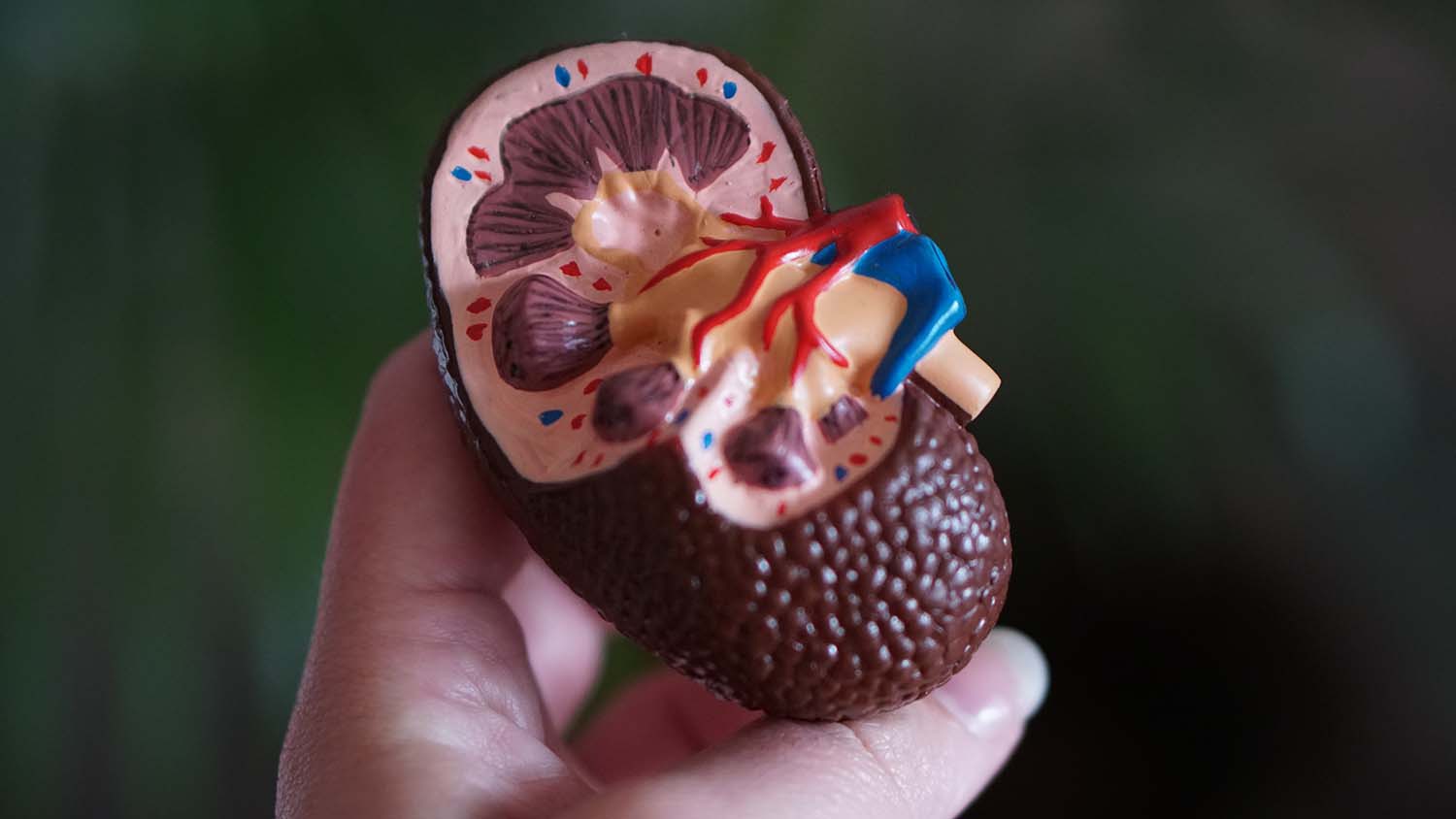Due to the pregnancy period, women need to go under prenatal ultrasound to find out whether the baby is growing well or not. Unfortunately, 1 to 2 babies in 100 are diagnosed with kidney disease. Which can be treated well, but sometimes, this can lead to urinary tract anomalies.
Parents may think the only solution to kidney disease is kidney transplantation. But a kidney transplant is not the solution unless your baby has chronic kidney disease.
What Is Kidney Abnormalities?

Sometimes one or both kidneys are not developed fully in the womb. This condition is called Kidney dysplasia. These kidney and urinary tract abnormalities are birth defects that can affect the form of the kidney and urinary tract.
Due to kidney abnormalities or renal abnormalities, kidney function doesn't build up properly. Also, it affects the healthy excretion of urine, which results in creating a disorder of the urinary system.
Sometimes the abnormalities can result in recurrent urinary tract infections, which may lead to kidney damage.
It is found that 1 in 1000 people is born with a single kidney. Living with one kidney requires some extra care.
What Are The symptoms of Kidney Abnormalities?
Congenital Kidney Abnormalities of the kidney and urinary tract are often detected in an abnormal kidney ultrasound or prenatal ultrasound. These abnormalities occur during embryonic kidney development. Doctors in pediatric nephrology can detect kidney problems by comparing normal and abnormal kidney ultrasound reports or images.
If renal diseases are not found before birth in prenatal ultrasonography, then the child has an increased risk of developing kidney problems. Some symptoms of kidney problems are:
- Urinary tract infections
- Fever
- Swollen belly
- The bladder is not empty properly
- Swelling of the hands or feet
- Nausea
- Vomiting
- Loss of appetite
- Weight loss
- Tiredness
- Poor growth
Types Of Kidney Abnormalities
- Renal Agenesis - One kidney missing (solitary kidney)
- Renal Hypoplasia - Small Kidneys
- Renal Dysplasia - Both or one kidney formed abnormally
- Pelvic kidney - Kidneys are not in the right position.
- Pancake kidney- kidney attaches with each other or joined together.
- Polycystic kidney disease or multicystic kidney disease - renal cysts filled with fluid
Some patients get confused between Renal insufficiency and Renal Dysplasia. Renal insufficiency occurs in adulthood, not in the womb.
What Are The Treatment of Urinary Tract?
A urinary tract anomaly may be connected with urinary tract infections in children, which can lead to kidney injury or kidney failure. However, kidney injury can be avoided if detected early and treatment gets started immediately.
Although in some cases, no treatment is required. Children can grow with minor problems with urine flow through the ureters and urethra. Even when one kidney is missing, no treatment may be needed.
Some basic treatments are
- Antibiotics- to prevent urinary tract anomaly like urinary tract infection or kidney damage.
- Surgery - to reattach the ureter to the bladder.
If, in the early stage, severe ureter or urethra blockage is found that surgery is a must to remove the blockage.
If the kidney and urinary tract are not detected early, or in some cases, treatment can't provide the solution, then kidney disease may occur in grown-up life.
The Care And Treatment After Baby Is Born
The doctor will examine the baby carefully after delivery and conduct some tests. The baby's blood pressure will be monitored, ultrasound of the kidneys and bladder will be taken for a closer look.
The doctor will provide information about the kidneys' function and whether something prevents them from emptying properly. Based on the tests, treatment or medication will be continued.
What Causes Kidney Abnormalities?
In most cases, the proper reasons for renal anomalies are unknown. Though in some cases, the family history of kidney or urinary tract problems increases the chance of a baby being born with kidney abnormality.
However, a family history of urinary tract anomaly may cause many kidney diseases. A child can get polycystic kidney disease from a parent. This is called Polycystic kidney disease.
What Is Polycystic kidney disease?

It is a genetic disorder that generates many fluid-filled cysts to grow in the kidneys. Polycystic kidney disease can change the shape of the kidneys, usually an enlarged kidney.
It is one of the most widespread genetic disorders that affects about 500,000 people in the United States. Polycystic kidney disease ultrasound can detect whether your baby has this kidney disease or not.
Types Of PKD
There are two types of PKD.
- Autosomal Dominant PKD - diagnosed in adulthood
- Autosomal Recessive PKD - diagnosed in the womb
Signs And Symptoms Of PKD
The common signs are:
- High blood pressure
- Body Pain
- Kidney failure
Though sometimes, no signs are found to be detected in the early stage.
In the womb, PKD signs may be larger-than-normal kidneys and a smaller-than-average baby. This is called growth failure. But, it is noticed that many babies who have ARPKD don't carry any symptoms until their adulthood.
Precaution For Preventing PKD
The sooner you or your child has been diagnosed with PKD, the earlier you can start taking precautions to delay kidney diseases like PKD. You can check the condition of your child's kidney if you perform regular screening.
A healthy lifestyle may help you to delay the start of PKD. Below we have mentioned some lifestyle routines that can help you deal with PKD.
- Be active for 30 minutes a day. It is imperative to exercise regularly in order to maintain blood pressure control. Also, regular exercise helps to control your blood sugar and weight. These three things can lead to chronic kidney disease.
- Choose a sport that is safe for you. Any hit in your back or sides may cause kidney cysts to burst.
- Don't eat junk that can increase your weight. Remove the food that can create kidney stones.
- Try to sleep 7 to 8 hours.
- Long-term stress is harmful to PKD. To delay kidney disease, try to reduce stress as much as possible.
Smoking should be stopped immediately. It will cause kidney damage, heart disease, blood pressure, and stroke.
Frequently Asked Questions
What Is Congenital Kidney Disease?
Congenital kidney diseases are renal conditions with which a child is born. Genetic factors are involved in passing these diseases. Prenatal diagnosis can identify this anomaly while the baby is in the womb.
Can You Live With One Kidney?
Although most of us have two kidneys, if you have one kidney, you can live a healthy life by managing a healthy lifestyle. A regular doctor checkup will help you avoid kidney failure and many serious health problems.
Is Kidney Disease Hereditary?
Kidney disease may be hereditary. If your parents have kidney disease, then you are at risk of getting chronic kidney disease. Through genes, one can have kidney disease. Renal parenchyma disease is a common hereditary kidney disease.
What Are The 3 Structures In The Kidney?
The Kidney structure is comprised of three sections. An outer renal cortex, an inner renal medulla, and a renal pelvis. Blood is filtered in the renal cortex. These three structures are also called kidney layers.
When Is Dialysis And Kidney Transplantation Essential?
Dialysis and kidney transplantation are remedies for severe kidney failure. Also, for stage 5 chronic kidney disease and end stage kidney disease or renal disease.
Dialysis is of two types; hemodialysis and peritoneal dialysis.
Conclusion
Kidney abnormalities before birth rarely lead your child to get a damaged kidney or kidney failure. They just need to have regular kidney checkups and blood tests to get track of many different developmental abnormalities.
And if your family has a history of chronic kidney disease, then you must be careful to build a healthy lifestyle among their children.


